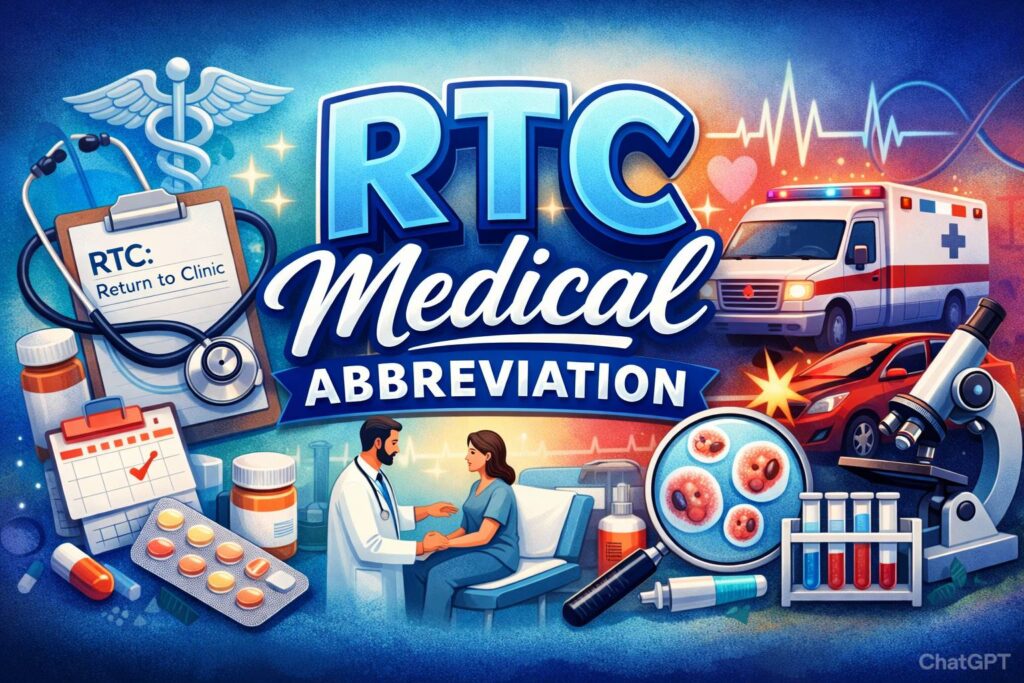Divorce – Separation and Legal Dissolution of Marriage

Divorce, also known as the legal dissolution of marriage, is a complex and emotional process that marks the end of a marital relationship. It involves the separation of two individuals who were once united in matrimony. While divorce can be a difficult and challenging experience, it is a legal procedure that allows individuals to move forward with their lives independently. This article will delve into the various aspects of divorce, including the reasons for divorce, the legal process of separation, and the implications of divorce on individuals and families.
Reasons for Divorce
There are numerous reasons why couples may choose to pursue a divorce. Common factors that contribute to the breakdown of a marriage include communication issues, financial disagreements, infidelity, and irreconcilable differences. In some cases, couples may grow apart over time or face significant life changes that strain their relationship. It is essential for individuals considering divorce to reflect on the underlying reasons for their decision and seek counseling or mediation to explore potential solutions before proceeding with legal action.
Additionally, cultural and societal norms can influence the decision to divorce. In some cultures, divorce may be stigmatized or discouraged, leading individuals to remain in unhappy marriages for fear of judgment or social repercussions. However, it is important for individuals to prioritize their well-being and happiness when considering divorce, as staying in a toxic or unfulfilling relationship can have detrimental effects on mental and emotional health.
The Legal Process of Separation
When couples decide to pursue a divorce, they must navigate the legal process of separation to formally dissolve their marriage. This process typically involves filing a petition for divorce with the appropriate court, disclosing financial information, negotiating asset division and spousal support, and establishing child custody and visitation arrangements if applicable. The legal requirements for divorce vary by jurisdiction, so it is essential for individuals to consult with an experienced family law attorney to understand their rights and obligations throughout the process.
During the divorce proceedings, couples may choose to pursue either a contested or uncontested divorce. In a contested divorce, spouses are unable to reach an agreement on key issues such as property division or child custody, leading to litigation and court intervention. On the other hand, an uncontested divorce occurs when both parties can amicably resolve their differences outside of court through negotiation or mediation. This collaborative approach can help streamline the divorce process and minimize conflict between spouses.
Implications of Divorce
Divorce can have far-reaching implications for individuals and families involved. From a financial perspective, divorce may result in the division of assets and liabilities accumulated during the marriage, as well as the payment of spousal support or child support. Individuals may also need to adjust their living arrangements, financial plans, and estate planning documents to reflect their new marital status.
Emotionally, divorce can be a challenging and stressful experience that may impact individuals’ mental health and well-being. It is essential for individuals to seek support from friends, family, or mental health professionals during this transitional period to cope with the emotional toll of divorce. Additionally, children of divorcing parents may experience feelings of confusion, sadness, or anger, so it is crucial for parents to prioritize their children’s emotional needs and well-being throughout the divorce process.
Conclusion
In conclusion, divorce is a significant life event that marks the end of a marital relationship and requires careful consideration and planning. By understanding the reasons for divorce, navigating the legal process of separation, and addressing the implications of divorce on individuals and families, individuals can approach this challenging transition with clarity and resilience. While divorce can be a difficult journey, it also offers individuals the opportunity to pursue a new chapter in their lives and prioritize their well-being and happiness moving forward.







































































































































































































































































































































































































































































































































































































